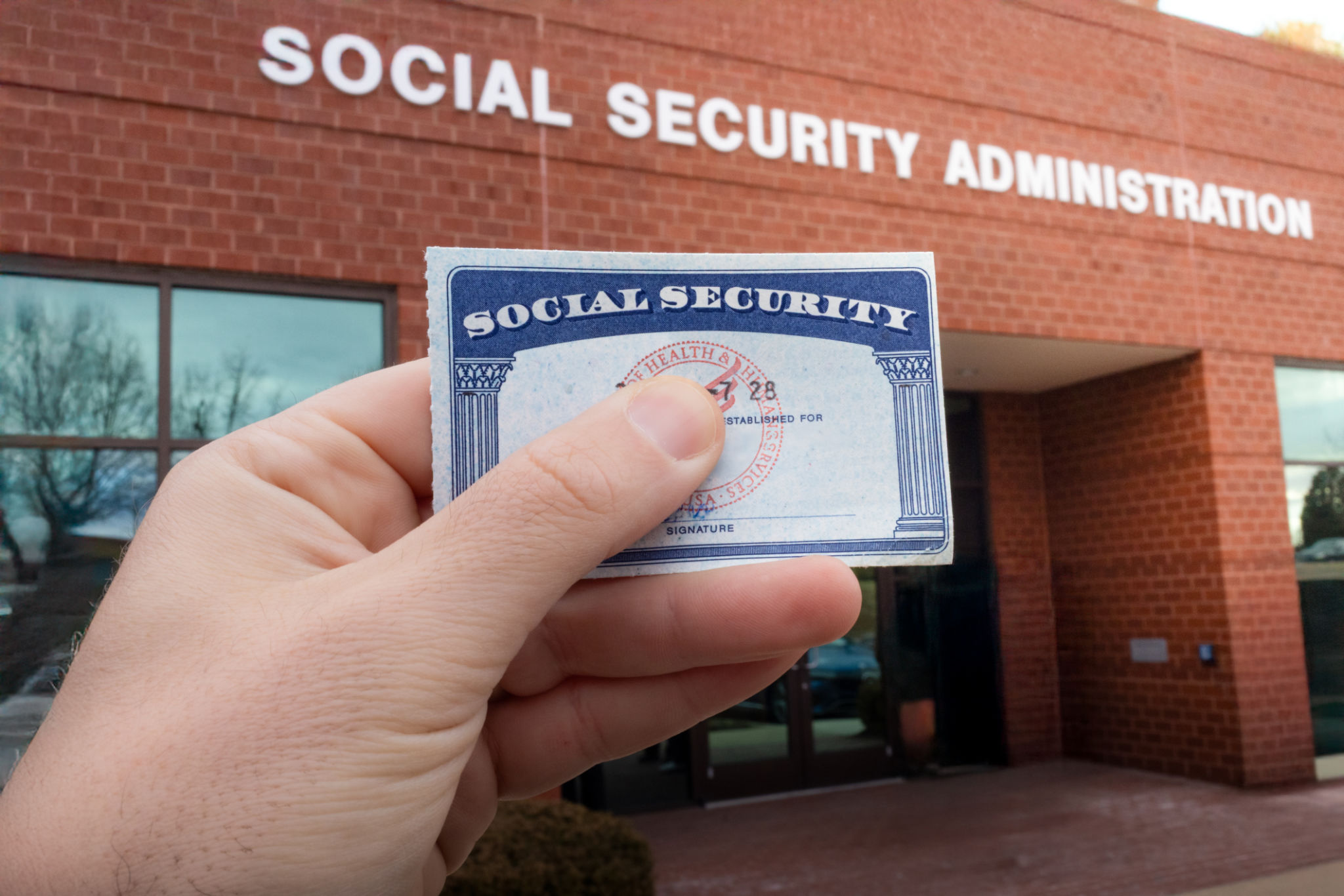Preparing for a Social Security Disability Hearing: What to Expect
Understanding the Social Security Disability Hearing
Preparing for a Social Security Disability hearing can be a daunting process. Knowing what to expect can help ease anxiety and ensure that you are as prepared as possible. The hearing is a crucial step in the appeal process, providing you with an opportunity to present your case directly to an administrative law judge (ALJ). This judge will assess whether you qualify for disability benefits based on your medical condition and work history.

Gathering Necessary Documentation
One of the most important steps in preparing for your hearing is gathering all necessary documentation. This includes medical records, employment history, and any other evidence that supports your claim. Ensure that your medical records are up-to-date and comprehensive, clearly illustrating the extent of your disability. You might also consider obtaining statements from healthcare providers or other professionals familiar with your condition.
Preparing Your Testimony
Your testimony is a vital component of the hearing. It’s essential to prepare thoroughly by reviewing any statements you’ve made in the past about your condition. Be ready to answer questions about how your disability affects your daily life and ability to work. Practicing with a friend or attorney can help you become more comfortable speaking about your situation in front of the judge.

The Role of Legal Representation
While it’s not mandatory to have legal representation at your hearing, having an experienced attorney can significantly increase your chances of success. An attorney can help you understand complex legal terms, present evidence effectively, and navigate any unexpected questions that may arise during the hearing. Consider seeking legal advice if you haven’t already.
Understanding the Hearing Process
The hearing typically lasts between 45 minutes to an hour and is generally conducted in a small, informal setting. The ALJ will likely ask you questions about your medical condition, work history, and daily activities. It’s important to answer honestly and thoroughly. Be prepared for the possibility that vocational experts may testify about job opportunities available to someone with your limitations.

After the Hearing: What Happens Next?
After the hearing, the ALJ will review all evidence and testimony before making a decision. This process can take several weeks or even months, during which time you’ll receive a written decision in the mail. If your claim is approved, you'll begin receiving disability benefits. If denied, don’t lose hope; further appeals may be possible.
Tips for Effective Preparation
- Stay organized: Keep all documents and records in order for easy reference during the hearing.
- Practice speaking: Familiarize yourself with potential questions and rehearse your responses.
- Remain calm: Remember that the hearing is an opportunity to explain your situation in detail.
Conclusion: Empowering Yourself for Success
Preparing for a Social Security Disability hearing requires diligence and attention to detail, but with the right preparation, you can effectively present your case. By understanding the process, gathering essential documents, and potentially seeking legal counsel, you enhance your chances of obtaining the benefits you need. Stay informed and proactive, and remember that this hearing is a step towards securing your future.